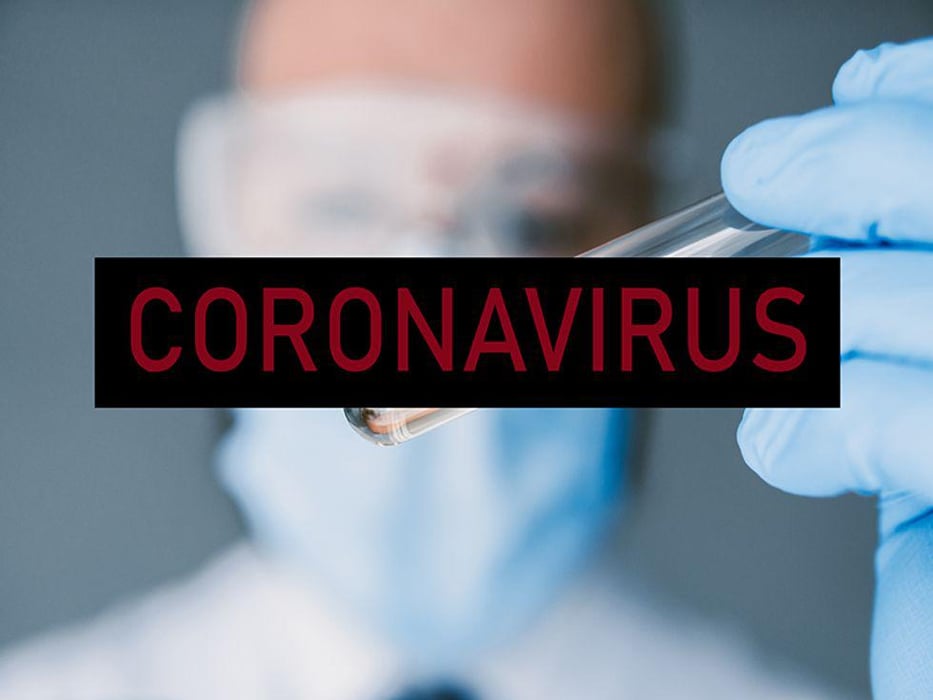Study Finds Delta Somewhat Resistant to Vaccines — What About Omicron?

FRIDAY, Dec. 3, 2021 (HealthDay News) -- Lab studies show that the mutations found in COVID-19's Delta variant make the virus more resistant to existing vaccines, a potentially ominous development as the new Omicron variant starts to wend its way around the world.
Full vaccination with the Pfizer or AstraZeneca vaccines still produces enough antibodies to neutralize Delta, British researchers found.
But the Delta variant put up a stronger fight against antibody protection than earlier versions of COVID-19.
"As Omicron has multiple mutations, some of which are in the same areas of the viral surface protein as the Delta variant, we would expect the Omicron variant to have reduced sensitivity to neutralization," said senior researcher Brian Willett, a professor of viral immunology with the MRC-University of Glasgow Center for Virus Research in Scotland.
For this study, the researchers analyzed blood samples collected from healthy people who had received either the Pfizer or AstraZeneca vaccine. The AstraZeneca shot is approved for use in the United Kingdom but not in the United States.
The samples came from 156 people who had received either the full two-dose course of either vaccine, or just got one dose.
The researchers exposed the blood samples to different COVID-19 variants to see how effectively vaccine-produced antibodies would fight off each coronavirus strain.
The vaccines provided protection against all COVID-19 variants, but the investigators noted that antibodies struggled more to stop them.
In particular, the Delta variant caused a fourfold reduction in the immune response of people who got the Pfizer vaccine and a fivefold reduction in AstraZeneca vaccine recipients.
"The positive news is that all of the variants tested were neutralized by the (antibodies) from the vaccinated individuals, so we would predict that immunity elicited by vaccination with two doses of the existing vaccines would extend to the variants," Willett said.
"However, it may not be as effective as it was against the viruses circulating previously, i.e., the virus of the first wave or the subsequent Alpha variant," he continued. "Similarly, as antibody responses to coronaviruses wane over time, the duration of immunity may be shortened. Hence, this is why boosters are now being offered in the U.K. after a three-month gap rather than the initial, advised six-month gap."
The United States now makes booster doses available to people who got the Pfizer or Moderna vaccine at least six months after finishing their two-dose series, or at least two months after getting the Johnson & Johnson single-dose shot.
The U.K. lab results are not entirely surprising given what we've learned about COVID-19 variants, said Dr. William Schaffner, medical director of the Bethesda, Md.-based National Foundation for Infectious Diseases.
"With the accumulation of mutations, you can get some reduction in effectiveness of our current vaccines. That's the general principle," Schaffner said. "It's not a shock, but here it's been demonstrated, and we think it is likely it will apply to Omicron as well, particularly since Omicron has even more mutations related to the spike protein."
The good news, Schaffner said, is that there is partial protection and he anticipates that with Omicron as well.
People concerned about either Delta or Omicron should get fully vaccinated and then boosted for maximum protection, Schaffner and Willett said.
"By boosting, we increase the level of antibodies in circulation to a high level and this should provide a degree of cross-protective immunity against not only the vaccine strain — the first wave virus — but also the variants such as Delta," Willett said.
The findings were published online Dec. 2 in the journal PLOS Pathogens.
More information
The U.S. Centers for Disease Control and Prevention has more about COVID-19 variants.
SOURCES: Brian Willett, PhD, professor, viral immunology, MRC-University of Glasgow Center for Virus Research, Scotland; William Schaffner, MD, medical director, National Foundation for Infectious Diseases, Bethesda, Md.; PLOS Pathogens, Dec. 2, 2021, online
Related Posts
Hundreds of U.S. Kids Drown Every Year — Learn How to Protect Yours
MONDAY, June 12, 2023 (HealthDay News) -- Drowning is the leading cause of death...
U.S. Life Expectancy Decreased 0.9 Years From 2020 to 2021
WEDNESDAY, Aug. 31, 2022 (HealthDay News) -- U.S. life expectancy declined from...
Amargo o sabroso: los genes del sabor podrían influir en su dieta
MARTES, 14 de junio de 2022 (HealthDay News) -- Las personas que nunca han...
Learn the Differences Between Hepatitis A, B, C, D & E
THURSDAY, July 6, 2023 (HealthDay News) -- Curious about what the differences...
